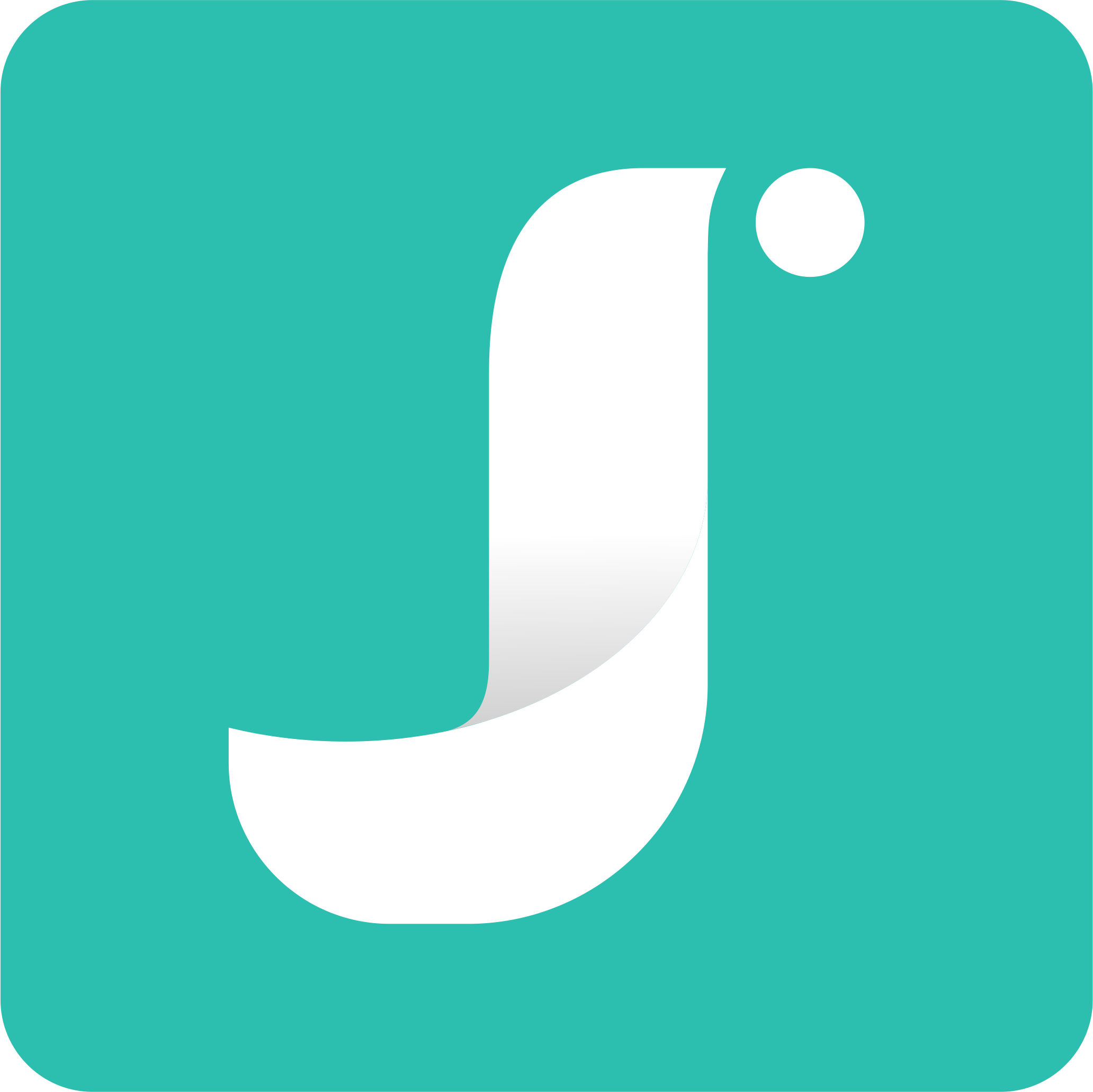5 Incredibly Common Job Interview Questions (& How to Nail 'em All)
Blog post contributed by Darby Hennessey, our long-time intern and a soon-to-graduate journalism student at The University of Mississippi.
The interview process of a job application can either make you or break you. But nailing the interview is such a satisfying feeling, and can sometimes lead straight to an offer. Employers are finally able to see you in the flesh, and see how you would fit into the office dynamic.
It’s like going out on a first date, minus the questions about favorite movies, past relationships or your nutty Uncle Fred -- and plus the questions about your teamwork capabilities, knowledge of Google Analytics, or ability to play nice in cross-functional team environments.
Also unlike a date, the questions you're going to field in a job interview are most often quite deliberate, quite calculated and quite designed to uncover specific things about your abilities, personality and potential culture fit.
Totally no pressure, right?
This doesn’t mean you should fret to the point that you end up sounding scripted or robotic throughout your interview, nor should you plan to just recite information from your resume. Interviewers are looking for more personality and an awareness of how to be professional, yet friendly, especially if you’re going into a job that involves direct client interaction. But with a simple understanding of the most common interview questions, you can practice before the big day, and go in ready to really nail your interview.
Here’s a quick breakdown of 5 super common interview questions:
1. So, tell me about yourself.
This one is strange, because it’s not really a question. Yet every interviewer loves to use it, especially at the very beginning of the interview. The key to nailing this opener is a quick, succinct, honest and engaging response. You'll also want to keep in mind that the reviewer isn't looking for a narrative of how your life has unfolded for the past 15 years; she's looking for you to answer in a way that provides direct evidence of your qualifications for that role.
It’s simpler than it sounds, we promise.
The best way to go about preparing for this question is brainstorming a little “elevator pitch” summary of yourself, your strengths, and your most valuable experience, with your target role in mind. If the job calls for strong problem solving skills and an ability to interact with others, now is not the time to ramble about your childhood hometown or your weekend kite surfing hobby. Instead, consider framing your answer in a way that positions you as a strong problem solver and / or articulate communicator.
And so forth.
2. What's your biggest weakness?
So like it or not (usually not), interviewers love to bust out this question at some point in the interview. You know it’s coming, and you know it’s a doozy. But nailing this one is completely survivable if you apply some strategy: be honest, be brief and never announce a weakness that would immediately disqualify you as a candidate (e.g. "I sometimes get overwhelmed by technology" would be a very bad choice if you're applying for a job as a IT help desk associate.)
Acknowledging your weaknesses openly shows integrity and self-reflection, a far more valuable trait to employers than a minor weakness. But don’t ramble about your weakness, just give a thoughtful answer and move on. Even better, if you can frame how, by understanding your weakness, you've been able to find workarounds or solutions, you'll show an even greater level of self-awareness.
So what exactly can you say? For starters, think of a skill you struggle with. Is public speaking not your strong suit? Do you struggle with confrontation in the work place? Is collaborating on an important project been a challenge in the past? Whatever it is, consider choosing a weakness that you have actively and consciously worked on bettering, and are acutely aware of. After all, this question is not so much an interrogation, but a way for the interviewer to see if you are an honest, thoughtful, and self aware.
And, for goodness sake, don’t say you have no weaknesses, that your weakness is perfectionism, or get too deep or personal. Rookie moves. Stick with professional, thoughtful answers.
3. Why do you want to work here?
Let’s start this out by saying the answer should never be about money. Or benefits. Or other perks.
Instead, the answer to this question should follow this formula: be enthusiastic about the company, explain how your skills and career goals align with the role, and spell out how you, personally, will fit in with the culture. And, if you've long admired this organization, share why. Hiring managers tend to really like bringing people on board who have genuine admiration for the company, and specific reasons why they want to be there.
4. Why did you leave your last job / Why do you want to leave your current job?
No matter what your current employment situation is, the interviewer will want to know why the last job ended and why you want to move on to a new one. Again, the key here is honesty, with a hearty dose of strategy (if needed).
Maybe it was an issue of lack of movement in the company, or maybe a change in the brand’s focus that made it opportune for you to leave. Acknowledge your current or past employer in a positive way, but use them as a way to highlight your interests in the new job and what you’re looking to accomplish by moving forward with your career.
5. What do you know about the company?
…AKA, the “how much do you really care about this job?” question. The interviewer isn’t looking for you to spew off a spreadsheet worth of sales, but really just want to see if you have done some research on the job. Do you know their current projects, top buyers, or recent features in the media? This is the question to show what you know, which really means you’re showing how much you care about the job and if you took time into preparing for the interview. Because, to interviewers, nothing says “don’t hire me” like a candidate who doesn’t know about the company.
Of course, you'll be asked more than five questions in your next job interview. And, chances are, they will be behavioral-based questions just like the ones above. Employers ask these for a very logical reason: past performance is generally a pretty solid predictor of future performance.
They're working to figure out if you're qualified for this job, if you're going to fit in around the joint, and if people are going to like you once you settle in.
Your best way to prepare? Study the common questions -- If you're interviewing with a larger company, head over to Glassdoor.com. You may even find specific questions that those who've gone before you were asked by that exact company.
Any which way, practice before the big day and, rather than robotically memorizing answers (if they wanted a robot, they wouldn't be interviewing people), think about how you can wrap your professional story around these questions. Which examples will you share, how can you explain a certain project or situation, and so forth.
And then, as you walk into the meeting? Get your Power Pose on and knock 'em dead.
looking for more tips?
There are a lot of things to consider and prepare for with an interview. Whether it’s wardrobe, setup, or just general ways to survive, we’ve got you covered!











